A clearinghouse, in the context of medical billing, is an intermediary that bridges the gap between healthcare providers and insurance payers. It acts as a hub, ensuring that the claims submitted by healthcare providers are accurately formatted, scrubbed for errors, and compliant with payer policies before forwarding them to insurance companies for payment. Clearinghouses take on the critical task of standardizing medical claims, translating the diverse billing formats from various healthcare providers into a standardized format that can be understood and processed by insurance companies.
Key Functions of a Clearinghouse
Clearinghouses are instrumental in the medical billing process, performing several key functions:
- Claim Submission: Clearinghouses receive claims from healthcare providers, check for completeness, and submit them electronically to the respective insurance payers.
- Claim Scrubbing: They meticulously review claims, checking for errors or discrepancies that could lead to claim rejections or denials.
- Claim Reconciliation: Clearinghouses track the status of submitted claims, provide confirmation of receipt by payers, and facilitate the correction and resubmission of denied or rejected claims.
By handling these functions, clearinghouses significantly reduce the burden on healthcare providers, ensuring that claims are processed accurately and efficiently.
Benefits of Using a Clearinghouse
Incorporating a clearinghouse into the medical billing process offers a multitude of benefits:
- Increased Efficiency: Clearinghouses streamline the claims process, reducing the time and effort required for healthcare providers to manage billing and collections.
- Reduced Errors: With sophisticated error-checking protocols, clearinghouses minimize the incidence of claim rejections and denials due to manual errors.
- Faster Processing and Reimbursement: Efficient claim processing leads to quicker reimbursements, improving the cash flow for healthcare providers.
Choosing a Clearinghouse
Selecting the right clearinghouse is crucial for healthcare providers. Key considerations include:
- Compatibility: The clearinghouse should be compatible with the provider’s existing practice management or electronic health record systems.
- Support: Robust customer support and assistance in handling claim rejections or denials are essential features of a good clearinghouse.
- Security: Given the sensitivity of health data, ensuring that the clearinghouse follows stringent security protocols is paramount.
Clearinghouses serve to significantly enhance the efficiency, accuracy, and speed of the billing and reimbursement process. Understanding the role of clearinghouses and choosing the right partner is critical so healthcare providers can ensure a smoother, more reliable billing process, ultimately leading to improved operational efficiency and patient satisfaction.




